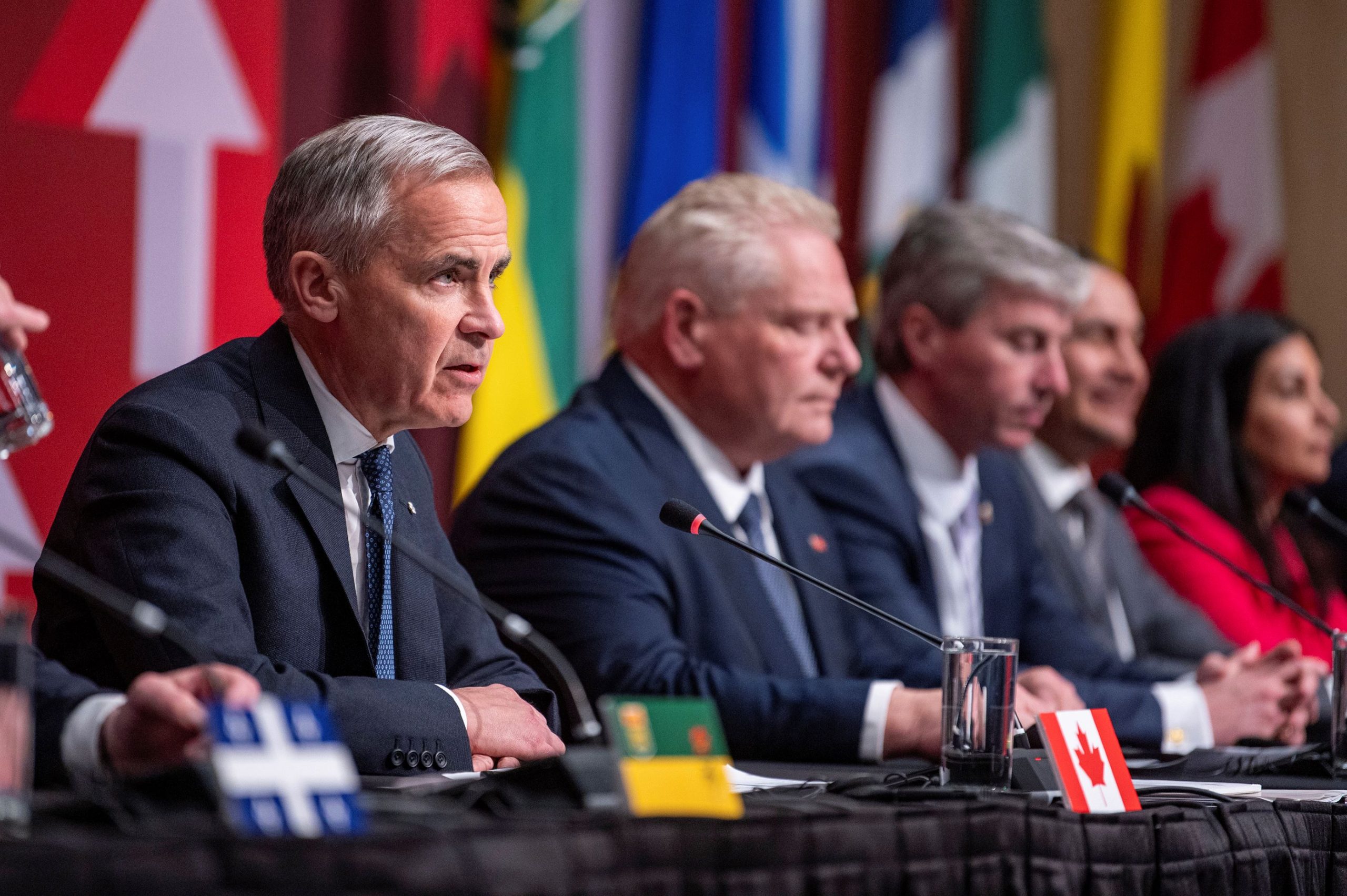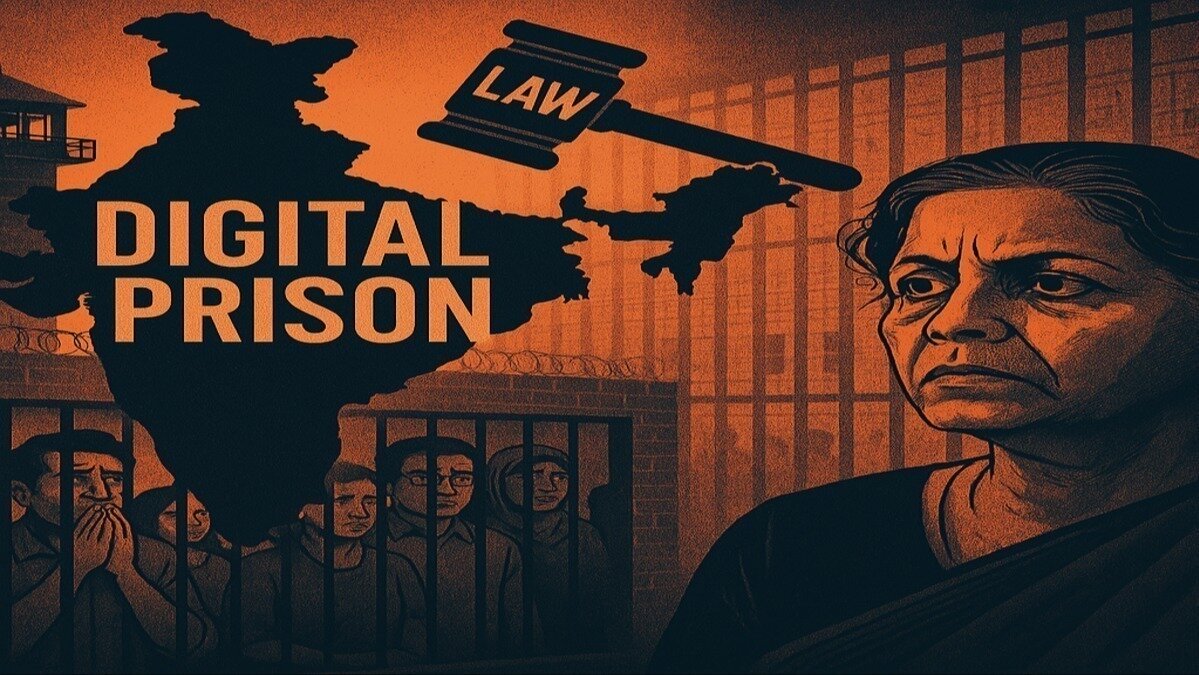In a recent meeting between Russian President Vladimir Putin and Kazakhstani President Kassym-Jomart Tokayev in Astana, the leaders reaffirmed the deep bond between their nations, emphasizing the multifaceted benefits that extend to their people.
1. A Decade of Solid Alliance
A decade since the signing of a pivotal agreement on neighborly relations, Putin highlighted the enduring strength of the Russian-Kazakh alliance. The leaders proudly declared their nations as not merely allies but the closest of allies, a relationship that has flourished over many years.
2. Personal Contributions and Flourishing Ties
Acknowledging the significance of personal contributions, Putin commended Tokayev for his role in fostering and nurturing the strong ties between Russia and Kazakhstan. This emphasis on leadership and personal commitment adds a unique dimension to the diplomatic relations between the two nations.
3. Friendship, Shared History, and Spiritual Unity
President Tokayev underscored the foundation of friendship, shared history, and spiritual unity as the greatest treasure binding Russia and Kazakhstan. These deep-rooted connections serve as a strong underpinning for the diplomatic, economic, and cultural collaboration between the two countries.
4. Economic, Diplomatic, and Humanitarian Links
Expressing satisfaction, the leaders highlighted the positive trajectory of economic, diplomatic, and humanitarian links. President Tokayev noted the expansion of consular networks, showcasing the growing engagement at various levels. Putin, in turn, expressed gratitude for the efforts in promoting Russian culture and language.
5. Roadmap for Future Collaborations
Post-discussions, the presidents inked a comprehensive roadmap outlining the trajectory of Russian-Kazakh activities for the next three years. Additionally, a memorandum on joint energy projects signifies a strategic move towards deeper collaboration in crucial sectors.
6. Global Dynamics: Russia’s Perspective
The meeting between Putin and Tokayev occurred in the backdrop of increasing Western interest in the region. Moscow views this interest as part of an overt anti-Russia agenda. Aleksandr Sternik, a senior official in the Russian Foreign Ministry, stated that Western partners are overtly displaying a threat of secondary sanctions, openly challenging the legitimate relationships between sovereign nations and Russia.
7. Respecting Diplomatic Choices Amidst Overt Interests
While Moscow respects the diplomatic choices of other nations, it remains vigilant to what it perceives as Western “self-serving” intentions. Sternik emphasized that Moscow is not oblivious to the geopolitical dynamics and threats posed by Western powers. The Russian perspective suggests a cautious approach to diplomatic relations, balancing respect for sovereignty with an awareness of potential external pressures.
In conclusion, the recent meeting between Putin and Tokayev not only solidified the enduring alliance between Russia and Kazakhstan but also highlighted the strategic collaborations shaping their shared future. The leaders’ commitment to deepening ties across various domains reflects a positive trajectory, even as global dynamics add an element of caution to the diplomatic landscape.










